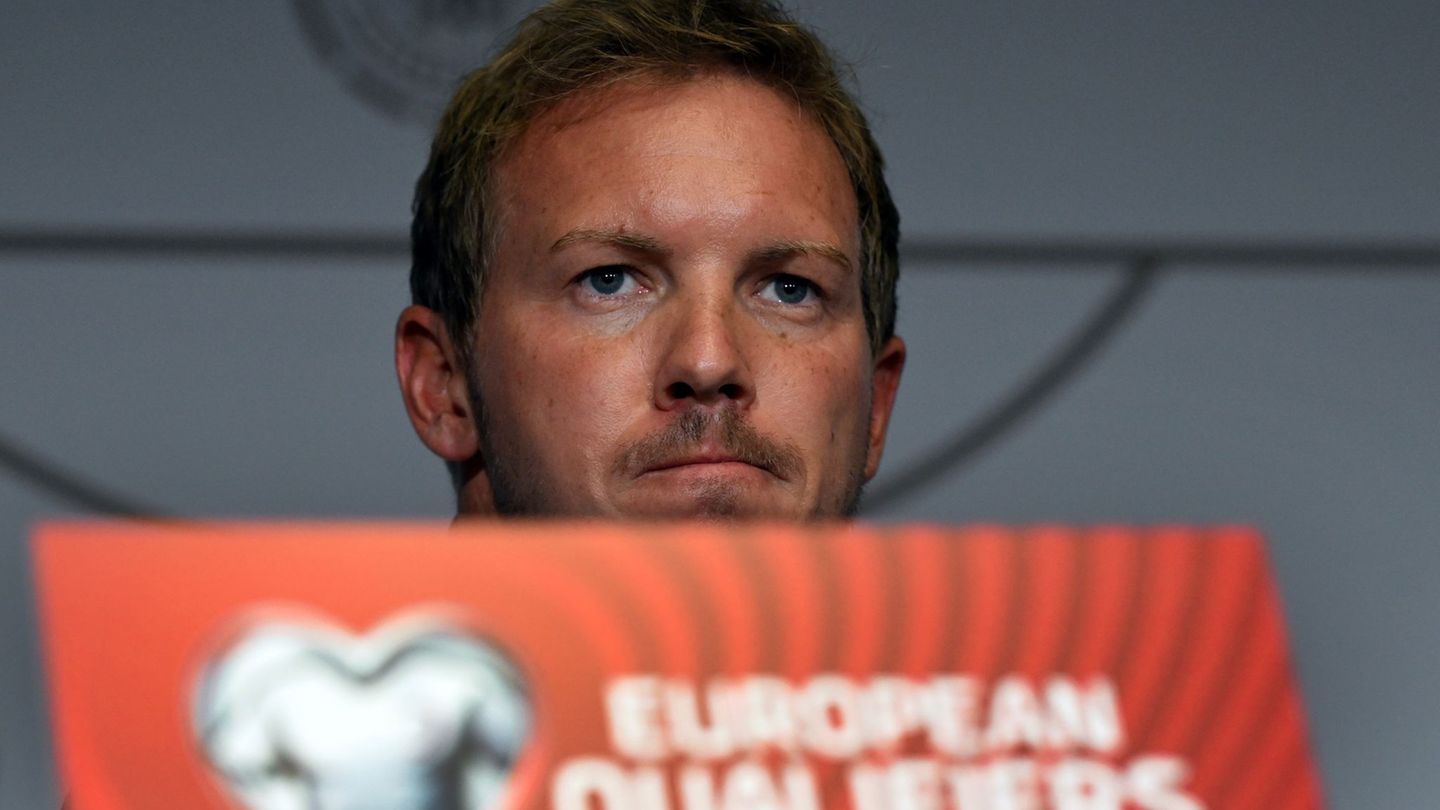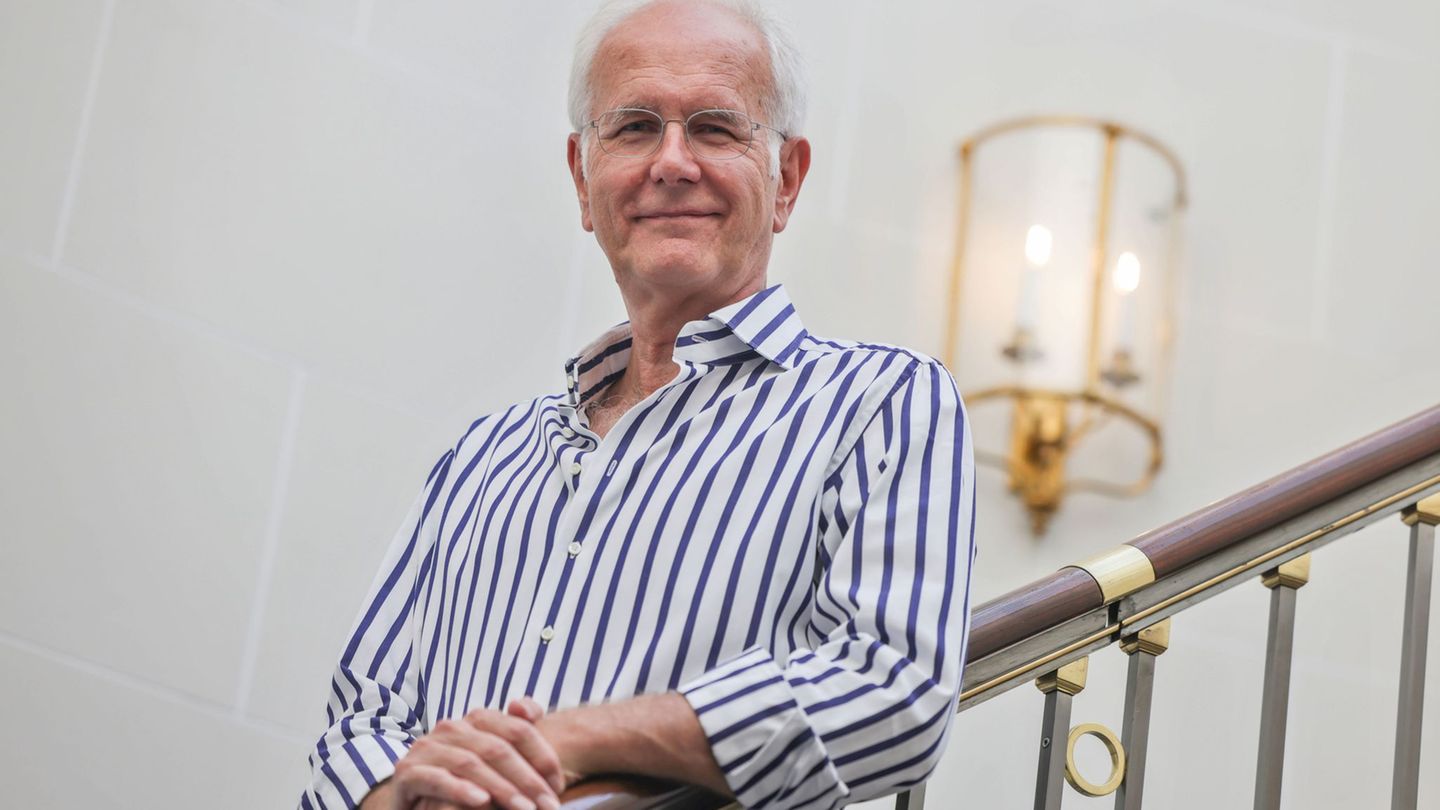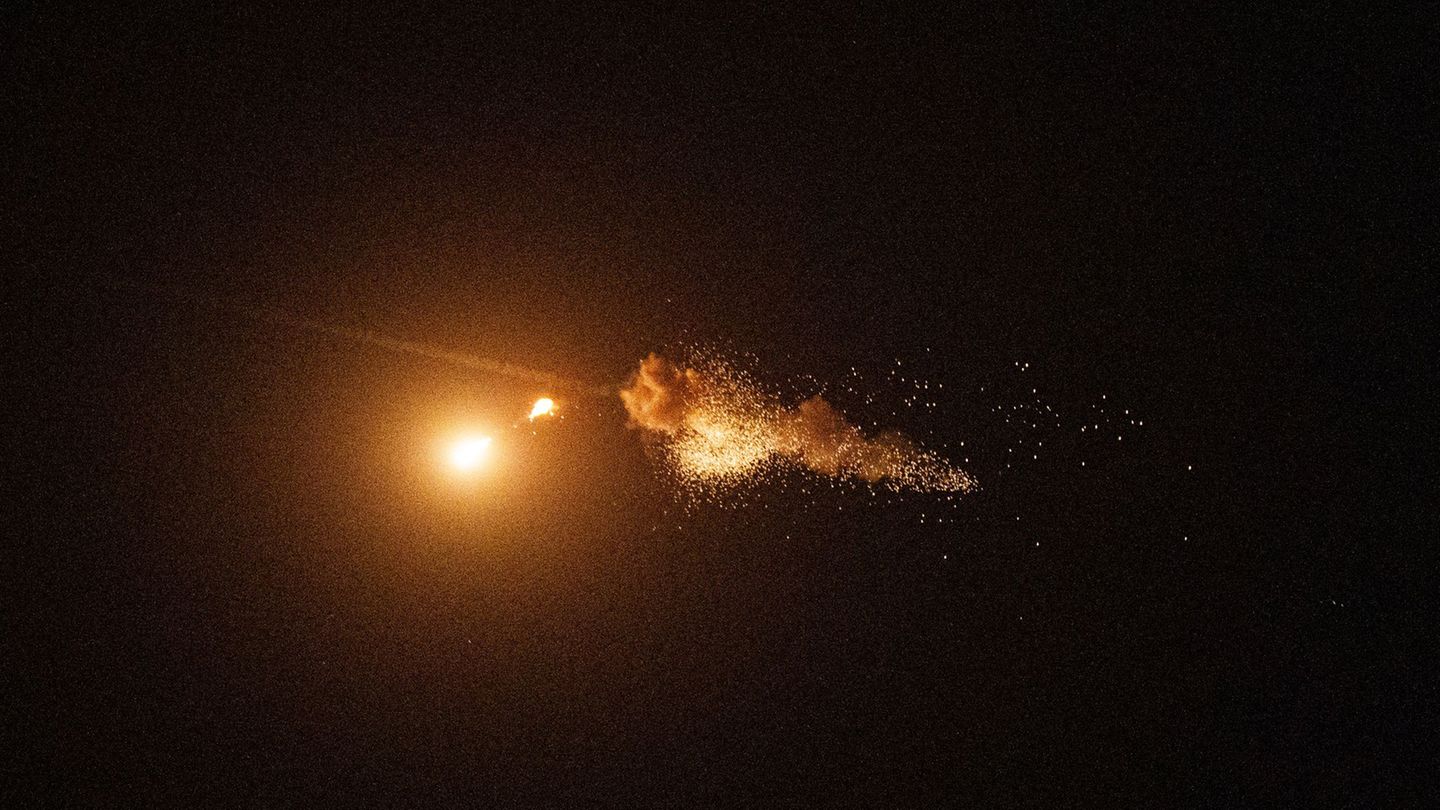In a survey of 700 teachers and headmasters, they wished that the decision about the type of German support should lie with the schools. They also requested a revision of the MIKA-D placement test, according to study author Christiane Spiel on the APA. The Ministry of Education wants to stick to the German classes and announced more funds.
Those introduced under Black-Blue German remedial classes has existed since the 2018/19 school year. Pupils who do not speak the language of instruction well enough and are therefore classified as extraordinary pupils (ao) are supported in German for up to 20 hours per week in their own classes. They only spend subjects such as handicrafts, music or gymnastics together with their regular class. However, separate classes are only set up for eight or more students per location German remedial classes intended only for children in the first grade or those who have just arrived in Austria.
The maximum duration of a German remedial class is four semesters. Depending on the result of the MIKA-D, students with a corresponding result can switch to a regular class as regular students, transfer to a less extensive German remedial course that takes place parallel to regular classes as non-degree students, or remain in a German class up to the maximum duration.
Parts of the results were published by the “Krone” on Monday – much to the astonishment of the game. The report on the implementation of the German promotion model has been in the Ministry of Education since October, and no data from the three-person research team was passed on before the planned presentation.
The basis of the study was a so-called “extreme group comparison”, according to Spiel. Schools in which children were able to switch to regular status very quickly were compared with those in which this was not the case. It was then checked whether this was due to different equipment or something similar.
Integrative funding models consistently better rated
The main result according to the game: Both groups hardly differed, the answers of the headmasters and teachers were similar. For example, practically everyone was in favor of the fact that German language support should not end after just four semesters. In addition, integrative funding models were consistently rated better than the German remedial classes. According to the game, the MIKA-D itself was perceived as mediocre – it was not ideal, “some even said it was unusable”.
The results of the MIKA-D would also look “not rosy,” said Spiel. According to the survey of teachers and principals, 21 to 55 percent of the students did not achieve the language-related goals. Therefore, there was a strong desire to further develop the test. They also wanted more flexibility: the decision about the type of German support should be up to the school. In addition, they spoke out in favor of flexibility: Not only the MIKA-D should decide on the change to regular status, but also the assessment of the respective teacher who teaches German as a second language.
In general, only those people who have training in German as a second language should teach German classes, said Spiel, another survey result. Furthermore, if necessary, individual support should also be provided after the change to ordinary status.
Minister of Education Martin Polaschek (ÖVP) nevertheless announced in a broadcast that he would stick to the system: “A good command of the German language is the key to successful integration and thus to a variety of opportunities for people with a migration background! – in order to ensure that as quickly as possible, stay the German remedial classes the best way!” In view of the largest wave of asylum seekers in the Second Republic and the integration of almost 13,000 children from Ukraine so far, the system is at the edge of its capacity. “We are therefore providing an additional four hours of support for each German remedial class.” ten million euros spent There are currently almost 1,400 German classes.
The study does not take the current situation into account if the ministry limits its validity. In addition, since this school year there has been special German support for schoolchildren, even after they have entered the regular school class. In the study, teachers were asked about the controversial German support model in separate classes, the data collection took place in April/May 2022.
SPÖ integration spokeswoman Nurten Yilmaz is not surprised by the results: “The German classes have always been a bad idea and have now officially failed,” it said in a broadcast. Vienna City Councilor for Education Christoph Wiederkehr (NEOS) also demanded that Polaschek “pull the rip cord and end the turquoise-blue ‘prestige project’.” German promotion in school is extremely important. “But we have to use suitable, child-friendly measures and not stick to a project that doesn’t work out of pure party tactics.” The Chamber of Labor also called for a rethink – the evaluation results would correspond to the results of other studies in recent years.
The FPÖ, on the other hand, advocates sticking to the model: “Anyone who is for integration cannot oppose it German remedial classes be,” said Maximilian Krauss, spokesman for education in Vienna.
Source: Nachrichten




